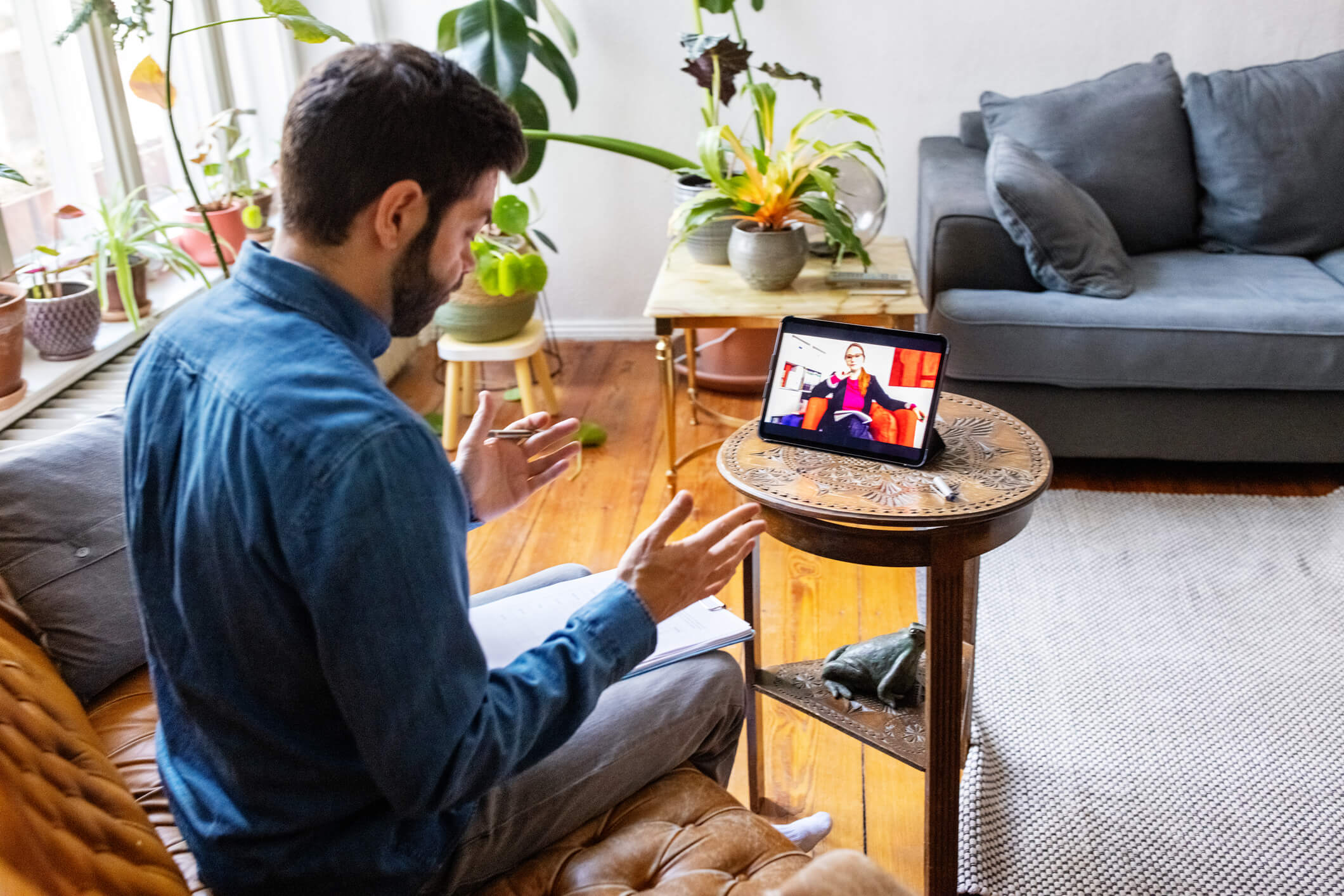Unlocking the Mind: Understanding Anxiety and Its Hidden Triggers

Anxiety is a common yet complex emotional experience that many people face at various points in their lives. It can manifest in numerous ways, from mild unease to overwhelming fear, often affecting daily activities and overall well-being. Understanding what anxiety truly is requires delving into its multifaceted nature, which includes not only the emotional and psychological aspects but also the physical symptoms that accompany it, such as increased heart rate or difficulty concentrating.
As we explore the intricacies of anxiety, it is essential to recognize that its triggers can be both apparent and hidden. Everyday stressors, life transitions, and even unresolved trauma can contribute to heightened anxiety levels. Moreover, in our fast-paced, technology-driven world, many individuals are now turning to online therapy as a convenient and effective means to address their anxiety. This form of therapy can help uncover hidden triggers while providing support in a flexible and accessible manner, which is particularly vital in fostering mental health awareness and resilience.
The Nature of Anxiety
Anxiety is a complex emotional response that manifests as feelings of worry, fear, and apprehension. It is a normal reaction to stress and can motivate individuals to prepare for challenges or threats. However, when anxiety becomes excessive or persistent, it can interfere with daily life, affecting relationships, work, and overall well-being. Understanding the nature of anxiety requires recognizing its various forms and the underlying psychological mechanisms that contribute to it.
At its core, anxiety can be categorized into different types, including generalized anxiety disorder, social anxiety, and panic disorder. Each type presents unique triggers and symptoms, making it essential for individuals to identify their specific experiences to seek appropriate help. The body's response to anxiety often includes physical symptoms such as increased heart rate, sweating, or muscle tension, which can exacerbate the emotional experience and create a cycle of fear and avoidance.
In today's interconnected world, many individuals are turning to online therapy as a resource for understanding and managing their anxiety. This digital approach offers accessibility and anonymity, allowing people to explore their feelings in a supportive environment. Through online therapy, individuals can learn coping strategies, challenge negative thought patterns, and work towards unlocking solutions to their anxiety, ultimately improving their quality of life.
Common Triggers Uncovered
Anxiety can often be traced back to specific triggers that evoke feelings of unease or panic. One common trigger is stress from work or school, where pressure to meet deadlines or perform well can create an overwhelming sense of anxiety. This pressure may manifest in the form of worries about failing or not being good enough, leading to a cycle of heightened anxiety that can affect both mental and physical health.

Social situations can also serve as significant triggers for many individuals. For those who experience social anxiety, interactions with others, such as attending gatherings or speaking in public, can provoke intense discomfort. The fear of judgment, embarrassment, or not fitting in can lead to avoidance behaviors that only reinforce feelings of isolation and anxiety over time.
Lastly, major life changes, such as moving to a new city, starting a new job, or experiencing a relationship breakup, can trigger anxiety. adriacabestany.com bring uncertainty and fear of the unknown, which can overwhelm one's coping mechanisms. Recognizing these triggers is essential for developing effective strategies to manage anxiety, including seeking support through online therapy, which can provide people with valuable tools and coping techniques from the comfort of their own homes.
The Role of Online Therapy
Online therapy has emerged as a vital resource for individuals struggling with anxiety, providing accessible and flexible support tailored to their needs. The convenience of virtual sessions eliminates geographical barriers, allowing people to connect with therapists from the comfort of their homes. This setting can reduce the anxiety often associated with traditional face-to-face appointments, making it easier for individuals to open up about their feelings and experiences.
Through online platforms, clients can access a variety of therapeutic approaches, from cognitive-behavioral therapy to mindfulness techniques. These diverse options empower individuals to find what resonates with them most. Furthermore, the anonymity of online therapy can encourage more honest discussions about one's struggles with anxiety, fostering a safe environment for self-exploration and emotional healing.
The effectiveness of online therapy is supported by numerous studies showing that it can provide the same level of care as in-person therapy. This accessibility makes it a suitable choice for those who may have limited resources or time to seek help. As mental health awareness continues to grow, online therapy serves as a crucial tool for many in managing anxiety and understanding its hidden triggers.
